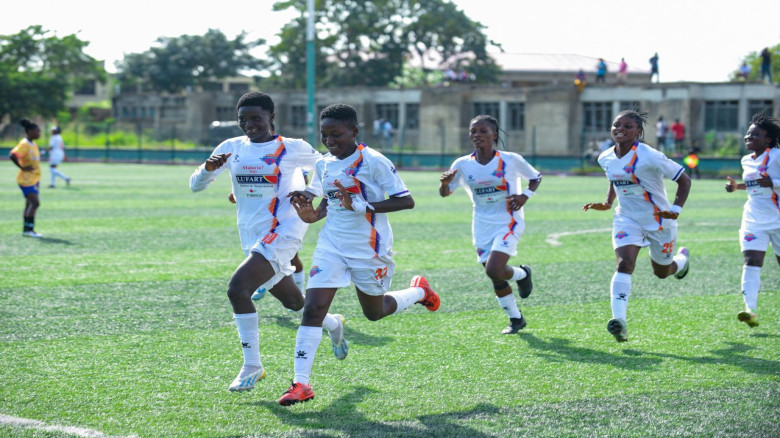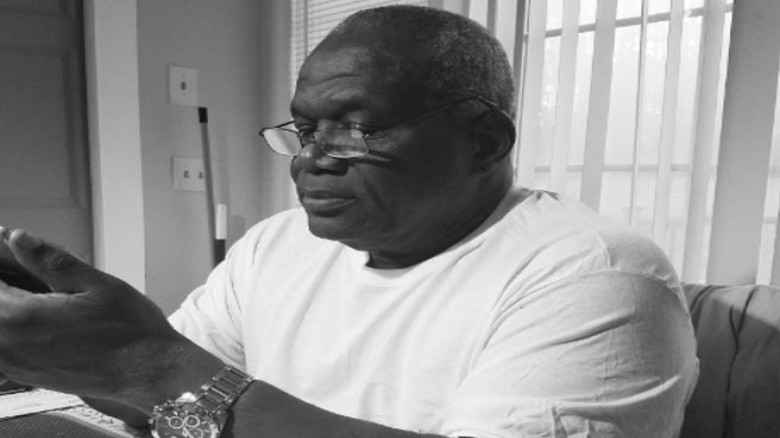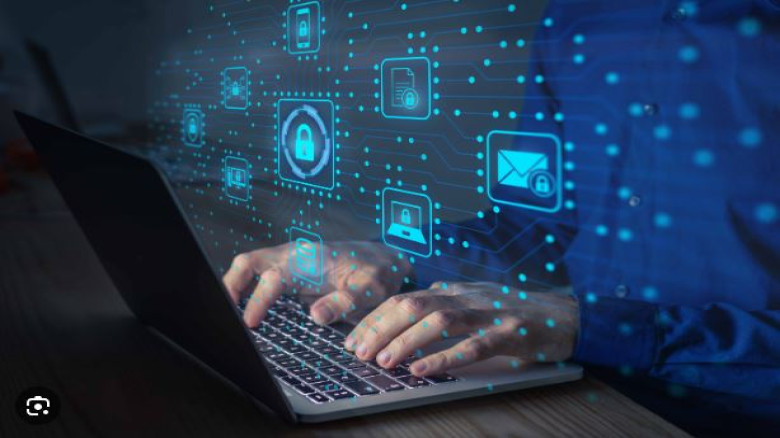GHANA’S INTERNET SURGE: THE GOOD, THE BAD AND THE UGLY
Damning issues of fraud, spam, child porn and other internet related problems have sparked the unending debate as to whether the internet explosion age has any positive gains for the Ghanaian.
Firstly, it must be established that, more people are becoming dependent on internet due to the enormous benefits it offers today’s generation.
Because of this, the crave for high speed internet data at affordable rates ranks high on the priority list of most Ghanaians regardless of the person’s social, financial or educational standing.
For starters, whenever you use the internet on your laptop, personal computer or phone, you're using data; whether it's browsing the web, sending an email, or watching a TV programme. Downloading and using mobile apps will also require data and staying connected to the internet.
SCOPE OF INTERNET USE IN GHANA
The scope of internet use in Ghana spans from educational, government, commercial and domestic sectors.
Now, contrary to the popular notion that internet is reserved for just the elite, internet patronage cuts across the social stratum in the sense that, it is not limited to the affluent, diplomats, civil servants business moguls and students, but even low income earners such as petty traders, security men, porters, bus conductors etc for varied purposes.
USES OF INTERNET IN GHANA
Educational institutions rely heavily on internet for research, fact finding and data collection, to formulate modules to teach students among other things.
Students on the other hand use internet to facilitate learning via information sharing, research, online conferencing to facilitate interaction among peers and course instructors.
Government appointees employ internet for top notch security info transactions, safe keeping, data transfers, research to enhance policy making, just to mention a few.
The business sector relies heavily on the internet to advertise, broker deals, and possibly, lure potential clients.
It is noteworthy to state that Ghanaians now more than ever rely on network based platforms (MTN mobile money, Tigo Cash, Vodafon cash, master card, MoneyGram) and other money transfer platforms to transact business, due to cumbersome procedures associated with deposit and withdrawal of cash at banks and other financial institutions.
Domestic users are also fast drifting from making voice calls which is relatively expensive to data based platforms like Whatsapp, viber, IMO, Facebook, snapchat etc as major communication tools to stay in touch with relatives and loved ones within the country and abroad.
THE EMERGENCE OF INTERNET
According to Internet Usage Stats and Market Reports, the percentage of Ghanaians who actively patronized the internet saw an astronomical increase of over 500% from 2009 to 2015.
Again, a Mobile Africa study in 2015, conducted by mobile surveying company GeoPoll and World Wide Worx, surveyed 3,500 mobile phone users in five of Africa’s major markets, namely Ghana, South Africa, Nigeria, Kenya and Uganda.
The most significant finding was that Internet browsing via phones now stands at 40 per cent across these markets, with 51% of respondents in Ghana and 47% in Nigeria reporting that they use their phones to access the internet in Citifmonline’s news report, “Study reveals Ghana mobile usage stats” http://citifmonline.com/2015/04/08/study-reveals-ghana-mobile-phone-usage-stats/
ACCESSIBILITY OF INTERNET
But that leads us to the question of how easy it is for Ghanaians to access the internet.
The competition among telecommunication companies (MTN, Vodafon, Milicom – Tigo, Airtel, GLO etc) in the country coupled with the gov’t policy on communication pursuant to the National Communications Authority Act, 2008 (Act 769 , Article 5 (c) which stipulates that the protection of the interests of consumers or users of communications networks or communications services and in particular to the interests of consumers' choice, quality of service and value for money; telcos are mandated to extend their accessibility to clients including those in remote areas of the country.
The Director-General of National Communication Authority NCA, Mr William Tevie, at the National communications authority 20th Anniversary launch in April, 2016, reaffirmed the commitment of NCA to the execution of its mandate as prescribed in the National Communications Authority Act, 1996 (Act 524) which was repealed and replaced by the National Communications Authority Act, 2008 (Act 769).
These commitments seek to enable the Authority to bring its services closer to the communities to facilitate the effective monitoring of spectral resources as well as the quality of service delivered by telecommunication operators to their customers in the regions across the country.
Government in line with this has offered its support to the authority demonstrated by several on-going projects to make telephony and data services accessible to both urban and rural populations.
CHALLENGES OF INTERNET USAGE IN GHANA
It would be hard to dispute, in the face of substantial and growing research, that unbridled access to the internet poses a number of challenges such as health risks, data theft, fraudulent transactions, cultural proliferation and the overall well-being of particularly young people.
What remains a great concern, in our part of the world bothers on the context of children’s rights and the future development of the society at large.
Access to inappropriate content on-line is not always sought by young people but by simply going on-line the young are at risk of viewing images which are inappropriate in nature; pornographic and other obscene contents.
These inappropriate images may pop up or be at the end of an unrequested links. The ease in sharing obscene materials with various phone apps has also led to a rise in the making and circulation of all manner of explicit videos via social media among the young generation; a development which has become a great concern for parents and authorities alike.
THE WAY FORWARD
Considering the issues discussed so far, it’s obvious there remains huge opportunities to be exploited to the benefit of all, if appropriate and stringent policies are installed to manage the negatives thereof and block loopholes in online experience.
In the wake of these concerns, it would be expedient for industry watchers to enforce security management policies and institute systems to curb the social, economic and health threats the internet poses to the millions of users; so that as many as are connected via various devices can reap the full benefits of internet use in Ghana.











Leave A Comment